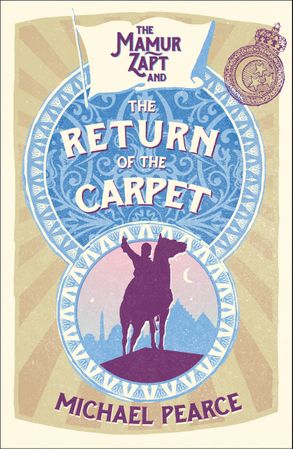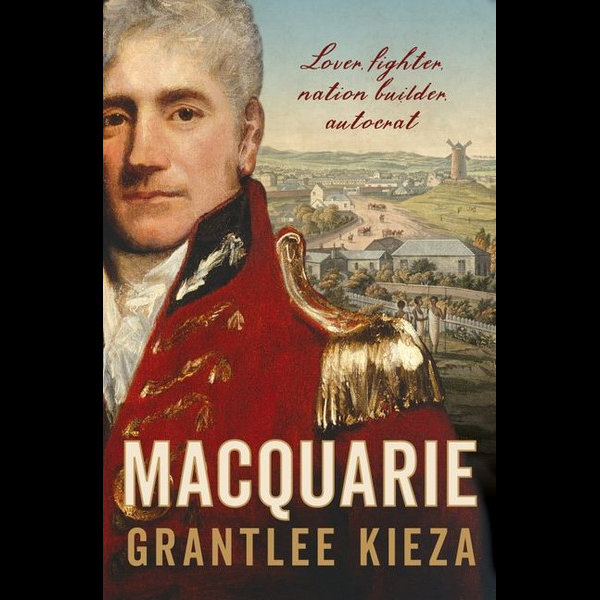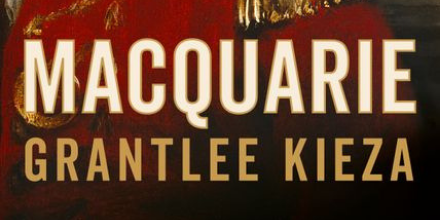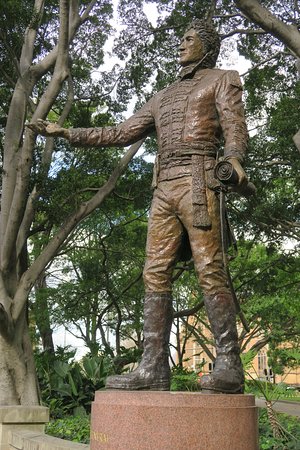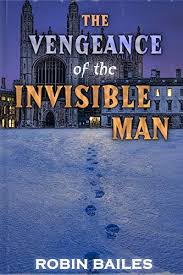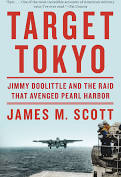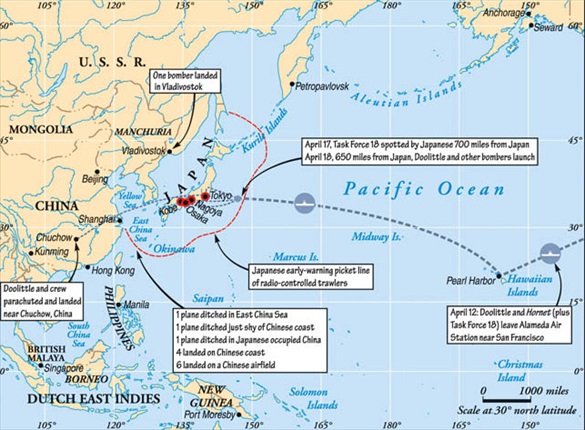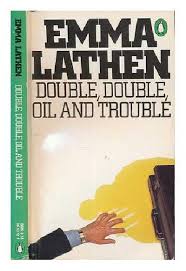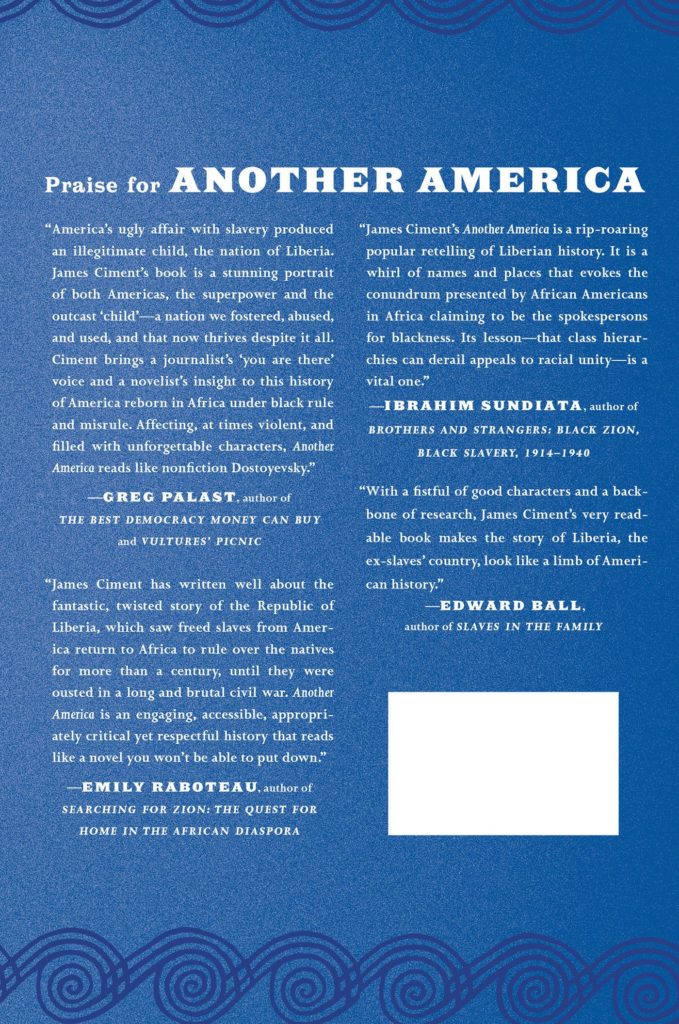Mamur Zapt
GoodReads meta-data: See list of titles below.
Genre: Krimi.
Verdict: Highly recommended.
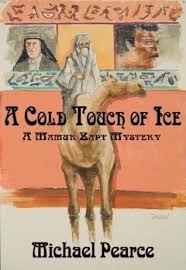
I have been reading my way through a krimi series by Michael Pearce. The touch is light, the locale exotic, and the treatment respectful and affectionate, as the Head of the Khedive’s Secret Police strives to keep order in an essentially disordered Cairo (and beyond) in the 1900s. This fearsome Head is the Mamur Zapt to give the job its Arabic name. He is one Gareth Owen, a Welsh captain in the British Army that occupied Egypt to secure repayment of loans, as the French once tried to do in Mexico and the Germans in Venezuela.
The legal fiction at the time was that Egypt was a semi-autonomous province of the Ottoman Empire at the indulgence of the Sultan in distant Constantinople who appointed the local governor, the Khedive. This arrangement came about in the aftermath of the construction of the Suez Canal which had led to vast investments and speculation in Egypt with attendant boom, corruption, and bust, occasioning ever greater tax increases to repay loans. The Khedive liked the high life and had soon sold all the Suez Canal shares assigned to Egypt to pay for his pleasure. French and British financial interests in Egypt reduced the Ottoman Empire’s sway over the region and that suited the Khedive to get away from the Sultan’s taxing reach.
The high life was very expensive because it included hundreds of pashas and their extended families who also got on the gravy train; in 1882 the party ended. A British Army intervened and the Khedive agreed to an arrangement that made Egypt a protectorate of Great Britain but still nominally associated with the Ottoman Empire so it was not coloured British pink on maps. None of this was easy. There was at least one pitched battle in 1882 before the Khedive went to the table, where he and the pashas were guaranteed British support in return for inviting the British to stay and stay and stay over the protests from the Sultan. That the Ottoman Empire could not resist this arrangement was one sign of its own decline.
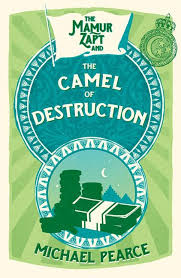
Pearce was born in Sudan, educated in Cairo, and obviously knows the lands and peoples well, and holds them in high esteem. Most of the violence occurs off stage and in some titles there is no violence at all, but a mystery of a theft or — in one — a strange reappearance. Some of the events occur in what was then called Egyptian Sudan, a vast area, larger than India and nearly as diverse though not densely populated.
In these pages Cairo is a living museum of humanity with its myriad of races, ethnicities, nationalities, hundreds of religions, thousands of sects, alongside remnants of ancient histories (Pharaonic, Greek, Roman), and the endless variety among the Arabs themselves. All are dominated and much is determined by the relentless Sun and the life-giving Nile. Then there are the interlopers — Russian, Italian, Armenian, Syrian, Mingrelian, French, American, English, Montenegrin — who come to steal ancient artefacts or to build casinos or railroads for maximum profit and generally exploit the region.
The author is in no hurry to crowd in his encyclopaedic knowledge of Egypt but includes some title by title. Nor he is in any rush to give Owen a long and tiresome back story. We learn more about Owen as each title unfolds as the sequence continues.

One of the nationalities that is growing in awareness among Cairenes is Egyptian Nationalism: Egypt for Egyptians, and all that, but as many characters note, it is no easy matter to say who is and who is not an Egyptian. The Greek Christian Copts entered Egypt long before the Muslim Arabs and have a claim to historical priority. The Sudanese in the south were native to the region since before time. Religious conflicts among Jews, Copts, and Muslims are common as are conflicts among sects within each of these religions. Ottoman intrigues to undermine the Brits are daily. And in some of the later titles, the women of the burka become restive. Tourists are also a factor for good when the spend money, and bad when they overstep the mark or are victims of crimes.
In this swirl Owen goes about his business, censoring the local press every night and frequenting coffee houses to keep in touch with the vast network of informants he inherited when appointed. The Khedive liked a Brit in the job so that he could distance himself from any acts of the Secret Police, while being sure the acts occurred to keep his regime stable. In same spirit of McKinsey management, the Brits can also disown the Mamur Zapt, if need be, as an agent of Khedive. Thus Owen could be stabbed in the back twice. However, sometimes two masters can be played off against each other.
Owen takes a softly, softly approach that at times irritates the offstage Khedive, but he is usually more interested in the harem than anything else. Most of the Brits accept softly softy but there is an Army in occupation and sometimes it takes all of Owen’s growing skill to keep the soldiers in the barracks and out of trouble. His job is to prevent problems more than solve them and once the soldiers appear to keep order, inevitably disorder follows. There is an iron law in that.
Owen has a shambling multi-lingual Greek as his number one legman, who has the uncanny ability to get people talking to him from market porters, to hotel maids, to slumming tourists. The office is run with Prussian efficiency by Nikos, a Copt, who worships the files and who is always there with the files. Owen has speculated that he sleeps in an empty drawer with the name Nikos on it, but since Nikos keeps everything, including his door, locked Owen has never been able to confirm this suspicion. Selim provides the muscle when that is needed.
Then there is Paul, the aide-de-camp of the Consul-General, who is in fact the military governor of the protectorate. Paul is a master of never saying ‘no’ when insuring that things do not happen and likewise of never saying ‘yes’ but insuring the right things do happen. He is the consummate master of committee meetings who agrees with everyone, never commits himself, and yet the outcome is always what he wants.
Owen also has a good friend in the Egyptian judiciary with whom he works ever more closely on cases. Mahmoud el Zaki, an Egyptian nationalist, who aspires to see a modern Egypt make its own way in the world free of British suzerainty, but who himself remains wedded to many of the old ways where women are concerned.
Owen has a mistress, an Egyptian named Zeinab, who is a force of nature in her own right. No burka and veil for her. She can be counted on the stimulate Owen in many ways. She has even bamboozled that master of spin Paul more than once.
Other characters include the operational commander of the uniformed police, a tall, pudgy, pink Scots named McPhee who was a school headmaster back in the Highlands, but who wanted a job in Egypt because he loves the cultural mélange in Cairo. If ever Owen needs to trace a fragment of a tile, McPhee may be able to tell him where it was made. Though to tell him, McPhee may first try to explain the place of tiles in Egyptian culture at great length. And don’t get him started on mosques about which he knows everything and more: Sheiks have been known to consult McPhee on such matters. Windbag though he is, McPhee is an excellent organiser, having learned from unruly Scots schoolboys, and he can be relied upon in the crunch to turn out the uniforms when necessary.
No one is a cartoon in these stories. Even some pretty unlikely and unlikeable characters finish as rounded individuals like the dissolute riding’, huntin’, and shootin’ Egyptian prince who at the eleventh hour saves Owen’s life. In an earlier title Owen was rescued from an assassination attempt by some smugglers thanks to a village watchman, who was in fact a twelve-year old girl.
A word of warning for those who start at the beginning. Each of the novels, no doubt at the insistence of the publisher, is stand-alone. The result is that basic information about the Egyptian legal system, Owen’s place in Egypt and his personal life, and the basics of the context are repeated in each novel. It is like those cooking shows where in each episode the chef says heat the wok first or boil the water first. Got it. By volume fifteen below readers are jaded by this repetition and I expect it dissuades some from continuing.
1.The Mamur Zapt and the Return of the Carpet. Collins Crime. 1988.
2.The Mamur Zapt and the Night of the Dog. Collins Crime. 1989.
3.The Mamur Zapt and the Donkey-Vous. Collins. 1990.
4.The Mamur Zapt and the Men Behind. Harper Fontana. 1991.
5.The Mamur Zapt and the Girl in the Nile. Collins. 1992.
6.The Mamur Zapt and the Spoils of Egypt. Collins Crime. 1992.
7.The Mamur Zapt and the Camel of Destruction. Collins Crime. 1993.
8.The Snake Catcher’s Daughter. Collins Crime. 1994.
9.The Mingrelian Conspiracy. Collins Crime. 1995.
10.The Fig Tree Murder. Collins Crime. 1997.
11.The Last Cut. Collins Crime. 1998.
12.Death of an Effendi. Collins Crime. 1999.
13.A Cold Touch of Ice. Harper Collins. 2000.
14.The Face in the Cemetery. Collins Crime. 2001.
15.The Point in the Market. Poisoned Pen. 2003.
16.The Mark of the Pasha. Poisoned Pen. 2008.
17.The Bride Box. Severn House. 2013.
18.The Mouth of the Crocodile. Severn House. 2015.
19.The Women of the Souk. Severn House. 2016.

